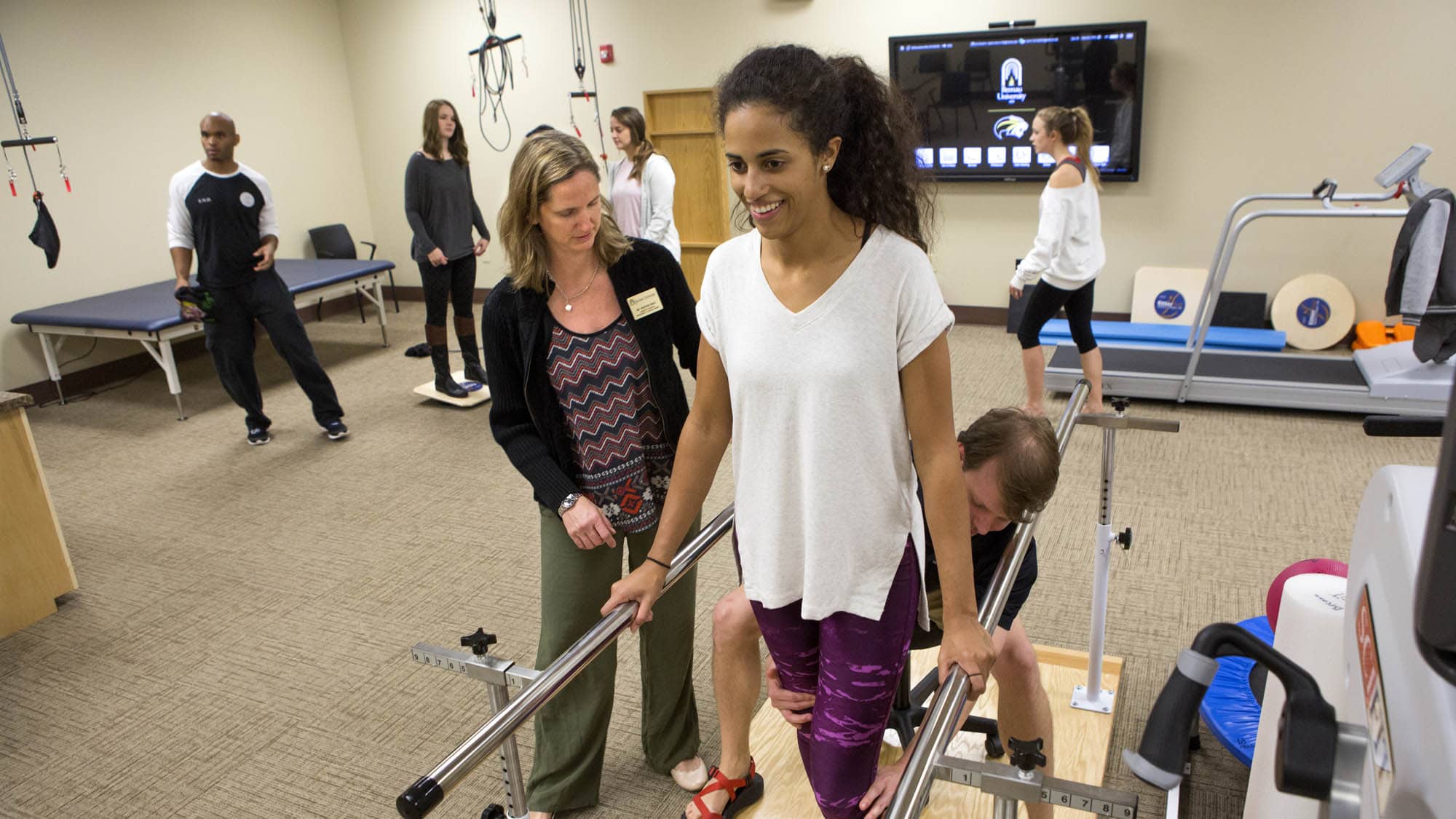Improving Rehab Outcomes Through Efficient Functional Motion Screening Protocols
Improving Rehab Outcomes Through Efficient Functional Motion Screening Protocols
Blog Article
Operational Mobility Assessment (FMS) is a valuable instrument used to assess an individual's movement mechanics. This assessment helps determine any weaknesses or discrepancies in the body, which can result to injuries if not corrected. In rehabilitation contexts, FMS can play a critical role in enhancing rehabilitation outcomes. By comprehending how each person navigates, healthcare professionals can develop targeted recovery programs that concentrate on improving power, flexibility, and general function.
One of the main benefits of using FMS in recovery is its ability to identify particular areas that need enhancement. For example, if a client struggles with squat movements or lunge movements, it may indicate a deficiency of flexibility in their hips or ankle joints. This information allows clinicians to formulate personalized exercise regimens that highlight correcting these shortcomings. As a result, patients are more likely to recover their strength and ability, which is essential for returning to daily tasks or sports.
Incorporating efficient FMS protocols can also assist prevent future injuries. Many damages occur due to poor mobility patterns or overuse of specific muscular groups. By evaluating patients before they start a recovery plan, therapists can identify risks and establish approaches to reduce them. Educating patients about appropriate movement patterns and enhancing weak areas can lead to sustained advantages, ensuring that they remain engaged and fit.
Moreover, the use of FMS can improve dialogue between healthcare providers and patients. When clients witness their movement patterns evaluated and explained, they gain a clearer comprehension of their recovery journey. This transparency builds confidence and encourages patients to take an active part in their rehabilitation. By involving patients in their read rehabilitation journey, they are more likely to follow to prescribed exercises and Click This Link behavioral adjustments that promote better results.
In summary, improving recovery outcomes through effective operational mobility screening protocols is crucial for both patients and healthcare professionals. By accurately assessing mobility mechanics, therapists can develop customized rehabilitation programs that meet specific needs. This not only facilitates in rehabilitation but also assists prevent future injuries. As patients become more involved in their rehabilitation journey, they are likely to attain their objectives and maintain a fit, engaged lifestyle.